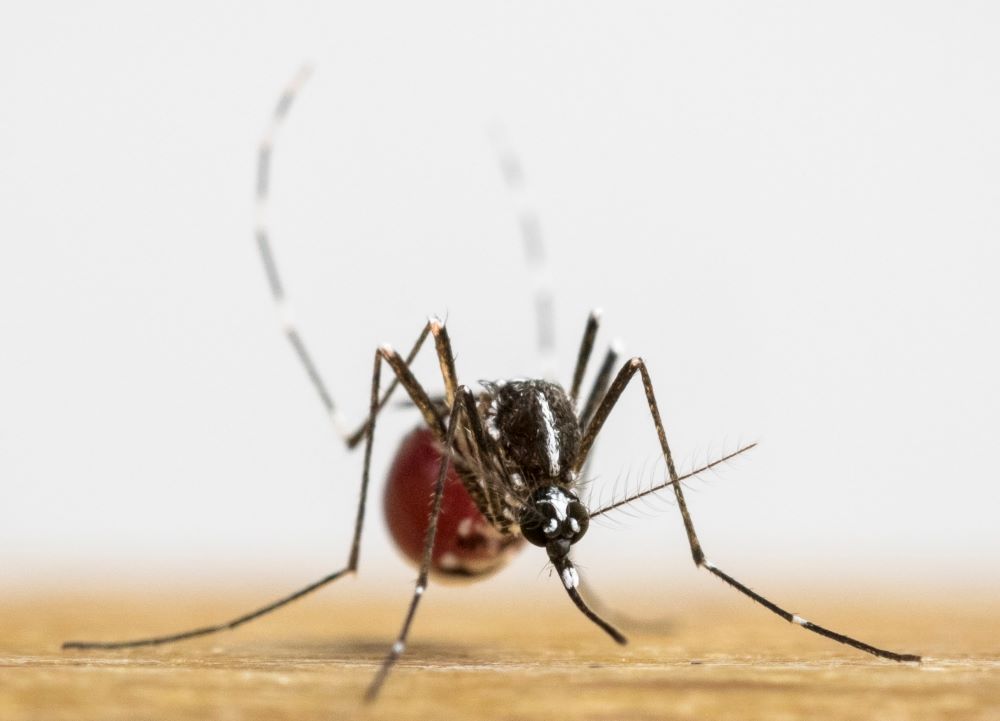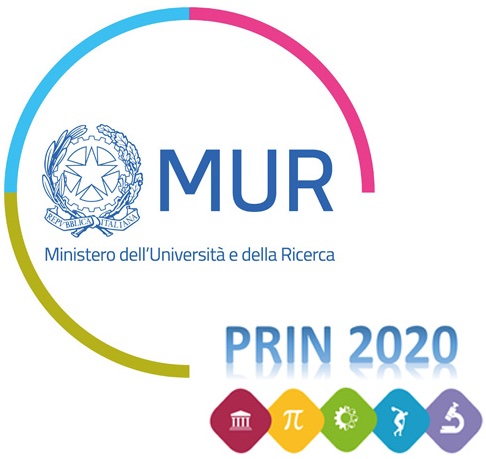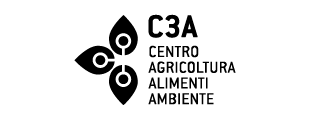Project in brief

 MosqIT project brings together the skills of four high-qualified research Units (University of Roma La Sapienza, University of Pavia, University of Camerino, University of Trento) with a long-standing experience in mosquito basic and applied research to collaborate towards the achievement of four major objectives with high scientific and translational value to reduce the risk of mosquito-borne diseases in Italy.
MosqIT project brings together the skills of four high-qualified research Units (University of Roma La Sapienza, University of Pavia, University of Camerino, University of Trento) with a long-standing experience in mosquito basic and applied research to collaborate towards the achievement of four major objectives with high scientific and translational value to reduce the risk of mosquito-borne diseases in Italy.
Project objectives
- Enhancing resources for mosquito research by creating a BioBank of mosquito samples and data for retrospective and prospective studies.
- Enhancing the current knowledge on mosquitoes in Italy by exploiting photographic records and data on human-mosquito contacts using the MosquitoAlert app for mobile phones, a novel infrastructure available in Italy since October 2020 which will be advertised within MosqIT dissemination activities.
- Enhancing resources for mosquito surveillance and control by developing user-friendly and accessible tools to easily analyse real time MosquitoAlert and MosqIT BioBank data. These tools will be released open-source to favour ‘precision mosquito control’ implementation.
- Providing new concepts for environmental-friendly mosquito control, with specific reference to “smart” eco-friendly biolarvicides that combine ‘attracting’ and ‘entomopathogenic’ properties of mosquito mycobiota.
Impact
MosqIT will represent a source of samples and data to be exploited by other Italian and international research groups for their research purposes. Several EU-funded projects on mosquitoes show the existence of a large vector-biology community that could benefit from the MosqIT Biobank resources. We also expect to advance knowledge in the field of medical entomology by publishing articles in peer-reviewed, open-access, medium/high-impact scientific journals. Finally, MosqIT will promote human capital growth by including several postdoctoral fellows and PhD students, thus extending its benefits to the new generation of scientists.
Funding
This project has received funding from the Italian Ministry of University and Research (MUR) PRIN2020 "Tackling mosquitoes in Italy: from citizen to bench and back" (N. 2020XYBN88).


